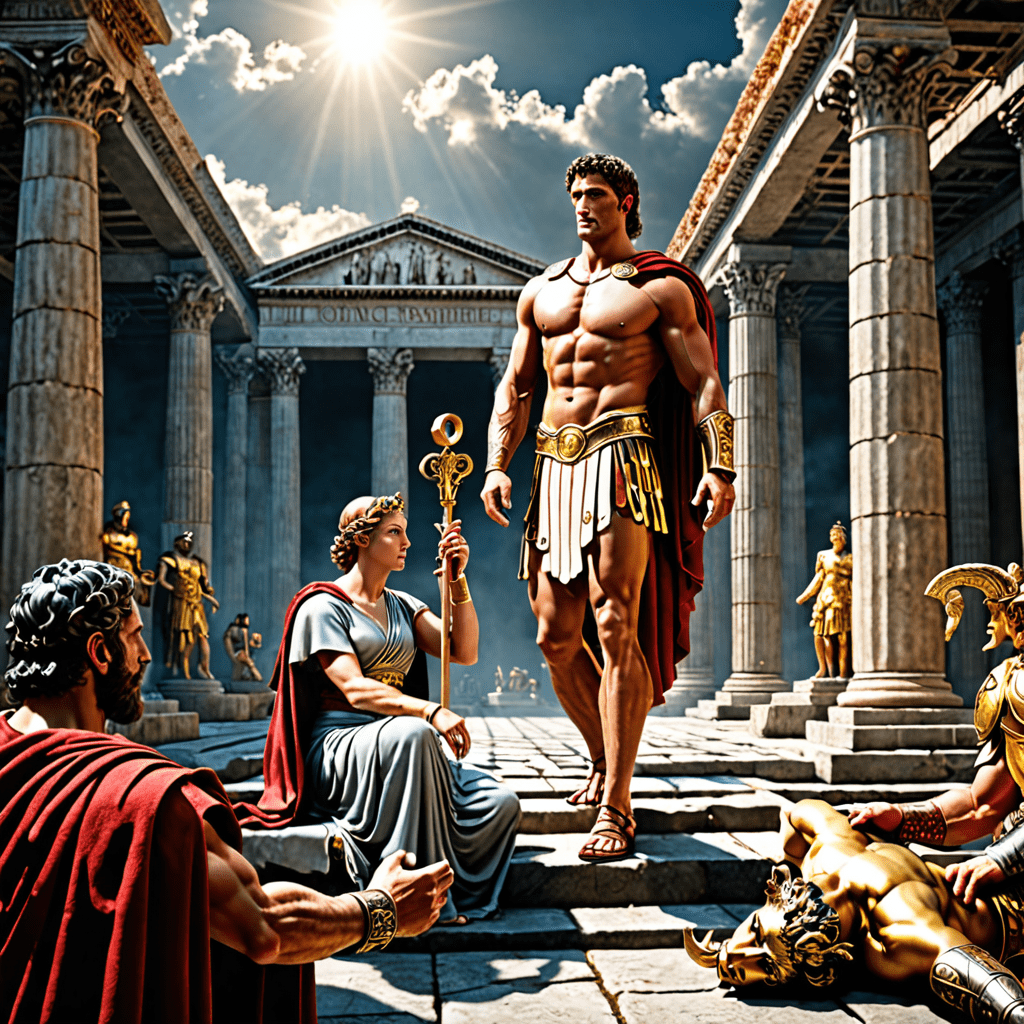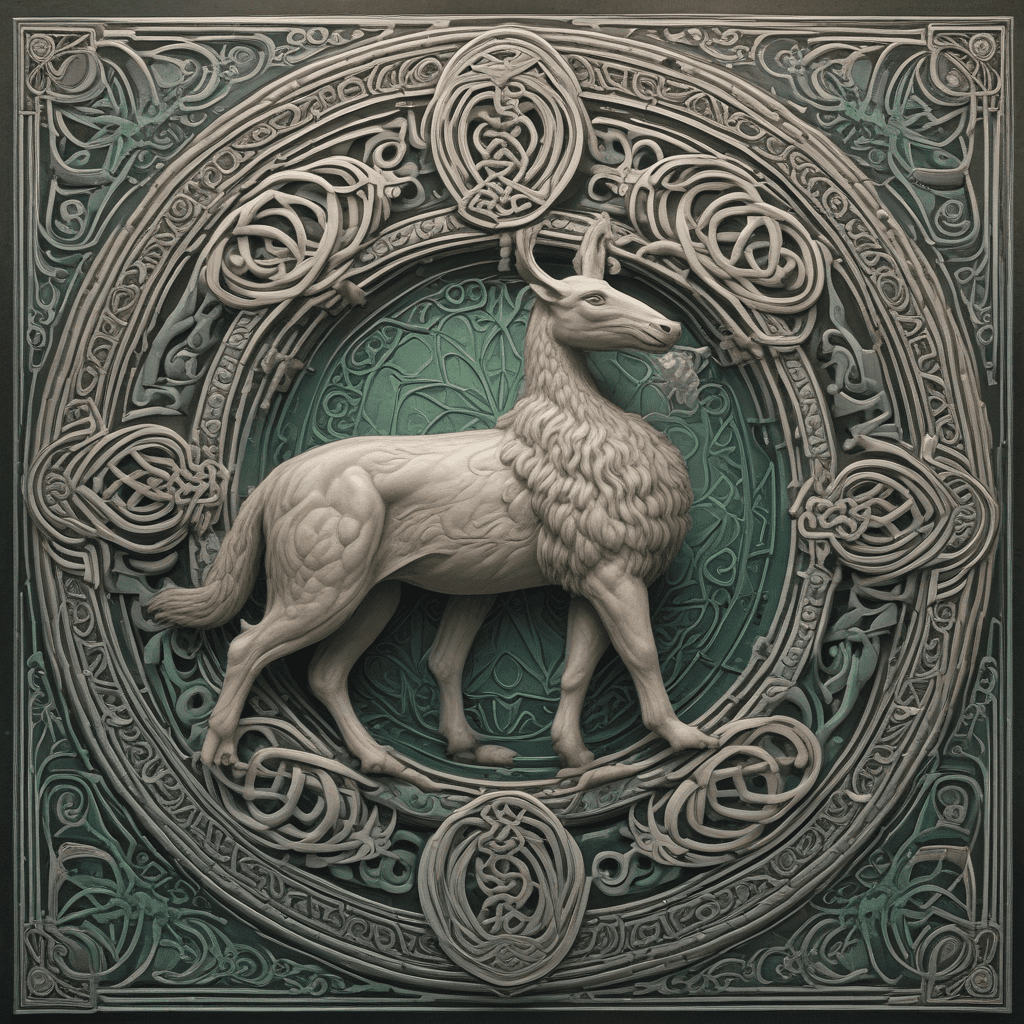Understanding the Significance of Oaths and Vows in Roman Mythology
In Roman mythology, oaths and vows played a crucial role in shaping the interactions between gods, mortals, and even among mortals themselves. These sacred promises were deeply ingrained in the religious and moral fabric of Roman society, reflecting the values and beliefs of the ancient Romans.
The Role of Oaths and Vows in Roman Religion
When an individual made an oath or a vow in ancient Rome, they invoked the gods as witnesses to their commitment. Breaking such an oath was considered a severe offense, as it implied disrespect towards the divine beings. Oaths were often made before important undertakings, such as alliances, treaties, or significant life events, to seek divine blessings and assistance.
The Concept of Fides and the Sanctity of Promises
The Romans valued the concept of “fides,” which encompassed trustworthiness, loyalty, and faithfulness. Oaths and vows were seen as expressions of one’s fides, and individuals were expected to uphold their promises with utmost integrity. The breach of an oath was not only a betrayal of trust but also a disruption of the broader social and cosmic harmony.
Examples from Roman Mythology
Throughout Roman mythology, various stories highlight the consequences of breaking oaths and vows. The tale of Jupiter punishing the oath-breaker, Mettius Fufetius, serves as a stark reminder of divine retribution against those who disregard their sacred promises. Additionally, the myth of the Vestal Virgins underscores the importance of maintaining vows of chastity and dedication to the goddess Vesta.
By exploring these myths and legends, we gain insight into how the Romans perceived the significance of oaths and vows in maintaining order and honoring their bond with the divine realm.
FAQs About Roman Mythology: The Importance of Oaths and Vows
What role did oaths and vows play in Roman mythology?
Oaths and vows held significant importance in Roman mythology as they were considered sacred promises made to the gods or other entities. Breaking an oath or vow was believed to bring severe consequences upon the individual or the community.
Which gods were associated with oaths and vows in Roman mythology?
In Roman mythology, Jupiter, the king of the gods, was often invoked in formal oaths due to his role as the god of thunder and justice. Janus, the god of beginnings and transitions, was also linked to oaths and doorways, symbolizing transitions in life.
What rituals were involved in swearing oaths in Roman mythology?
Swearing an oath in Roman mythology often involved invoking the gods as witnesses, sacrificing animals, and making offerings at altars. These rituals were performed to ensure the sincerity and binding nature of the oath.
What were the consequences of breaking an oath in Roman mythology?
Breaking an oath in Roman mythology was believed to anger the gods and invite their wrath upon the individual or community. This could result in misfortune, illness, or other calamities as a form of divine punishment.


